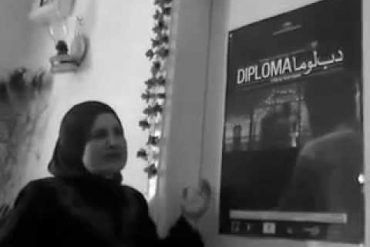As a follow-up on our earlier post regarding the recent “martyrdom”(via a NATO airstrike in Afghanistan) of British al Qaeda leader Mahmoud Abu Rideh, note the astonishingly sympathetic piece the Guardian did on him in June 2009 entitled “A Day in the life of a terror suspect.”
Here’s some background:
- Abu Rideh had been detained by the British government in December 2001 for having links to al Qaeda. In 2005, after a British high court ruling, Rideh was released from prison but was subject to a “control order” – a house arrest which restricted his movements.
- In July 2009, Abu Rideh, with the help of Amnesty International and Human Rights Watch, succeeded in having the control order lifted.
- Rideh was said to have had close ties to the senior leadership of al Qaeda, including its deputy, Ayman al-Zawahiri, and former leader in Iraq, Abu Musab al-Zarqawi, along with Abu Hamza, the radical preacher.
The portrayal of Rideh (who was then under house arrest) as a victim of government oppression by the Guardian – and NGOs like Amnesty and Human Rights watch – once again demonstrates that much of the British intelligentsia possess a seemingly unlimited capacity to cast reactionary jihadists as victims, as well as what can only be described as a willful blindness to the threat posed to Western society by radical Islam.
We may never know how many Americans and Brits lost their lives as a result of Mahmoud Abu Rideh’s involvement with al Qaeda, and his wish to become a “martyr.” But, what we certainly do know is that those who continue to make excuses and even advocate for such jihadists are not innocent in the crimes committed by those whose freedom they assisted in securing.



